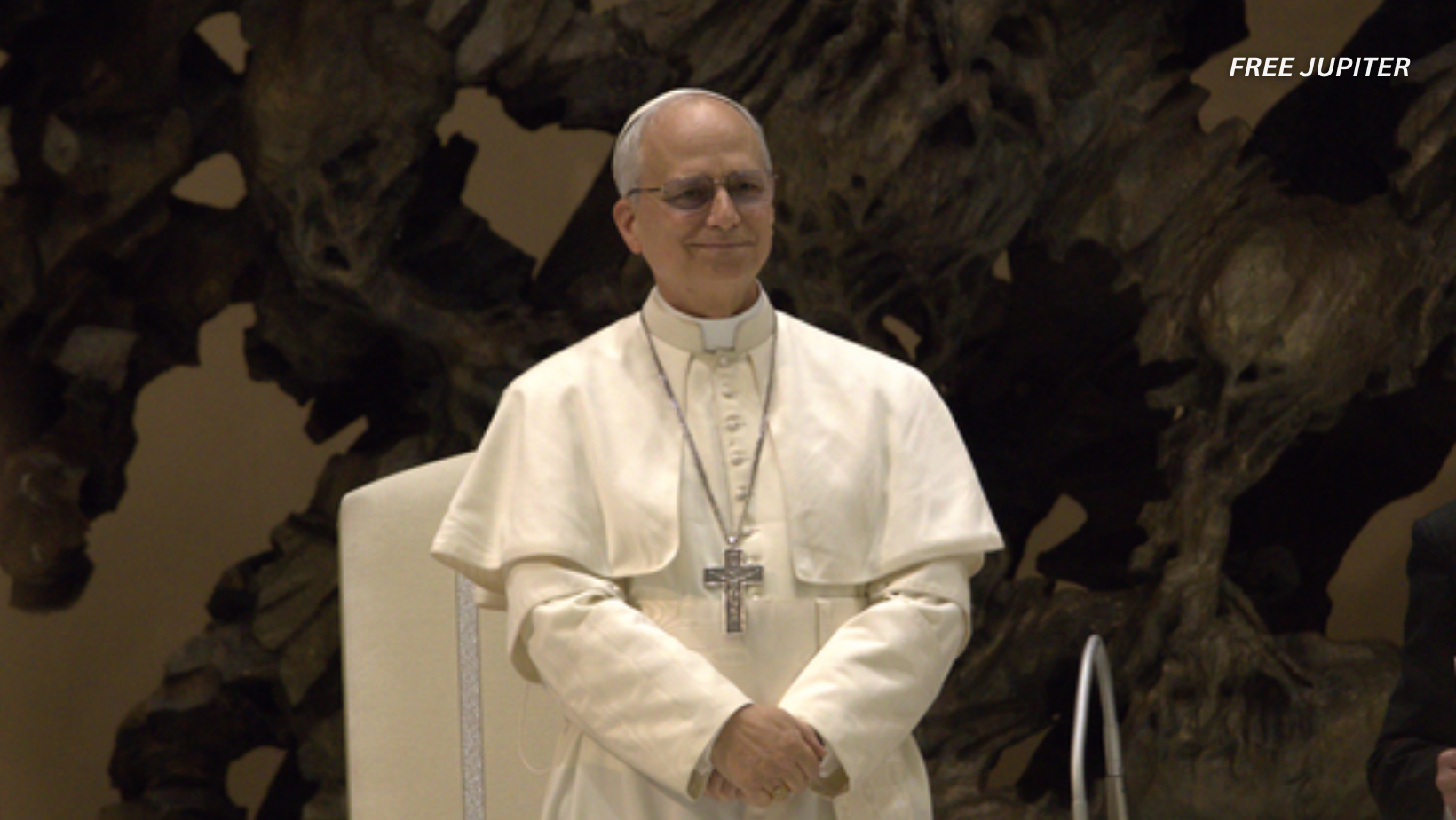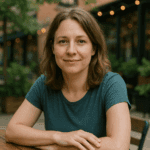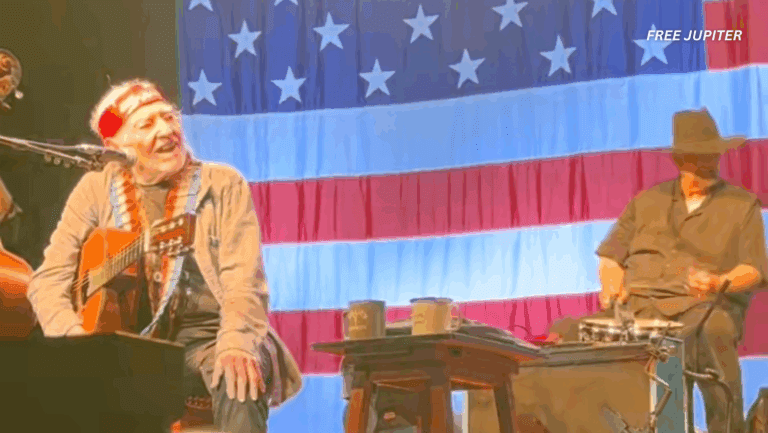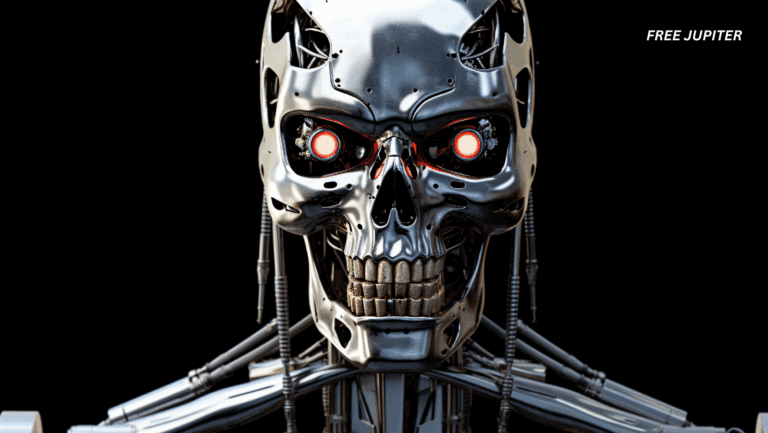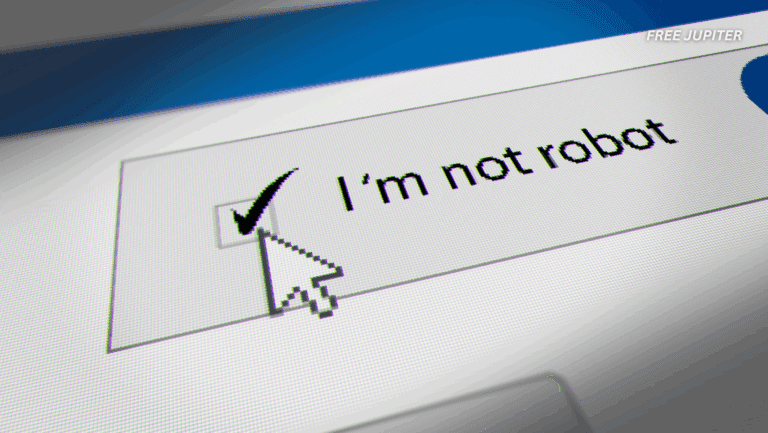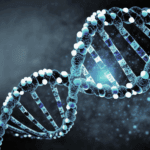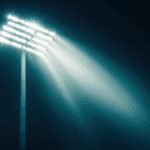On May 8, 2025, white smoke billowed from the Sistine Chapel, signaling the election of a new pope. Cardinal Robert Francis Prevost, O.S.A., was introduced to the world as Pope Leo XIV, becoming the 267th pontiff of the Roman Catholic Church and the first American to hold the position.
Academic and Religious Background
Born in Chicago in 1955, Pope Leo XIV pursued a Bachelor of Science in Mathematics at Villanova University, an institution affiliated with the Augustinian order. He later obtained a doctorate in canon law from the Pontifical University of St. Thomas Aquinas in Rome, with a dissertation focusing on leadership within the Augustinian order.
Missionary Work and Leadership
Before his election, Pope Leo XIV dedicated years to missionary work in Peru, serving as the bishop of Chiclayo. He also held the position of Prior General of the Augustinian order and was appointed Prefect of the Dicastery for Bishops under Pope Francis.
Inauguration and Vision
Pope Leo XIV’s inauguration took place on May 18, 2025, at St. Peter’s Square, attended by over 200,000 people, including global dignitaries. During the ceremony, he received the pallium and the Fisherman’s Ring, symbols of his new role.
In his homily, Pope Leo XIV emphasized themes of unity, peace, and social justice, drawing inspiration from Pope Leo XIII, known for his work on Catholic social teaching during the Industrial Revolution.
Early Actions and Appointments
Demonstrating a commitment to inclusivity and modernization, Pope Leo XIV appointed Bishop Michael Pham as the new bishop of San Diego, California, and Sister Tiziana Merletti to a senior position within the Vatican’s congregation for religious orders.
Pope Leo XIV: A Grounded Leader with a Global Mission
In a moment steeped in centuries of tradition, Cardinal Robert Francis Prevost was elected as Pope Leo XIV on May 8, 2025—marking a historic first for the Roman Catholic Church: the election of an American-born pope. But beyond the symbolism of his nationality, Leo XIV brings a lifetime of missionary work, academic achievement, and international leadership that is quietly reshaping expectations for the modern papacy.
From Chicago to the Vatican
Born in Chicago, Illinois, in 1955, Robert Francis Prevost’s early life was rooted in service, faith, and education. He entered the Order of St. Augustine in 1977 and was ordained a priest in 1982. Unlike many who ascend the Church hierarchy through primarily European or Vatican-based paths, Prevost’s most formative years were spent far from Rome—in the mission fields of northern Peru.
There, he became known for his pastoral care, linguistic fluency in Spanish, and deep understanding of local communities. He served as bishop of the Diocese of Chiclayo in Peru for over a decade, where he championed indigenous rights, educational outreach, and clergy development. His grassroots style of leadership was often described as “listening first, then leading.”
Academic Excellence in Canon Law
Though many popes are well-educated, Pope Leo XIV’s academic accomplishments are notably rooted in canon law, the legal system of the Catholic Church. He holds a doctorate in canon law from the Pontifical University of St. Thomas Aquinas (Angelicum). His dissertation focused on the internal governance structures of religious orders, especially within the Augustinian tradition.
This expertise is more relevant than it may appear. In recent years, the Church has faced challenges involving transparency, governance, and internal discipline. Leo XIV’s legal background uniquely equips him to address structural reform in areas like bishop accountability, financial oversight, and clerical conduct.
Leadership of a Global Order
Before returning to Peru as bishop, Prevost was elected Prior General of the Augustinians in 2001, serving two six-year terms until 2013. As the international head of the order, he visited over 40 countries, guided the order through complex organizational transitions, and helped expand Augustinian presence in Asia and Africa.
This period of global leadership shaped his diplomatic sensibilities and multicultural fluency—skills now essential in leading a Church with over 1.3 billion members across continents.
The First Pope Named Leo in Over 120 Years
The choice of the name “Leo XIV” carries deep historical significance. The last pope to choose that name, Leo XIII, is remembered for his groundbreaking social encyclical Rerum Novarum, which laid the foundations of modern Catholic social teaching in 1891. Pope Leo XIV has echoed those concerns, calling for “moral courage in the face of growing inequality, climate emergency, and conflict.”
His inaugural speech referenced not only the Church’s duty to defend the poor, but also emphasized the “urgent moral responsibility of nations to care for creation”—a theme deeply aligned with his predecessor Pope Francis’ Laudato Si’.
An Emphasis on Clergy Formation and Lay Inclusion
Even in his early weeks, Pope Leo XIV has shown a particular focus on improving clergy formation. Sources close to the Vatican indicate he plans to overhaul seminary training, emphasizing emotional intelligence, abuse prevention, and deeper engagement with marginalized communities.
Additionally, Pope Leo XIV has supported greater inclusion of lay people, especially women, in positions of influence within the Church. While he remains doctrinally conservative on certain theological points, he is seen as pastorally progressive and open to dialogue on issues like synodality, governance, and Church transparency.
Bridging the Local and the Universal
Perhaps Pope Leo XIV’s greatest strength lies in his ability to connect the local with the universal. His pastoral style, honed in Peru, resonates with clergy in the global south. His administrative experience in Rome gives him credibility in the Curia. And his American upbringing adds a new cultural dimension to the papacy that reflects the increasingly global face of the Church.
Many observers believe Pope Leo XIV could be a unifying figure, one who brings both humility and strategic clarity to the world’s largest religious institution. Quietly, thoughtfully, and with little fanfare—he may just lead the Church into a more grounded, responsive future.
As his papacy continues to unfold, Pope Leo XIV is also expected to play a key role in revitalizing interfaith relations. He has already signaled a commitment to building bridges with leaders of Islam, Judaism, and Eastern religions, viewing dialogue not as compromise, but as a path to peace. Early plans suggest he will visit conflict-torn regions to promote reconciliation efforts. His grounded approach and global empathy reflect a deep belief that the Church must not only preach compassion but embody it—both within and beyond Catholic walls. In a divided world, Leo XIV may become an unexpected symbol of unity.

